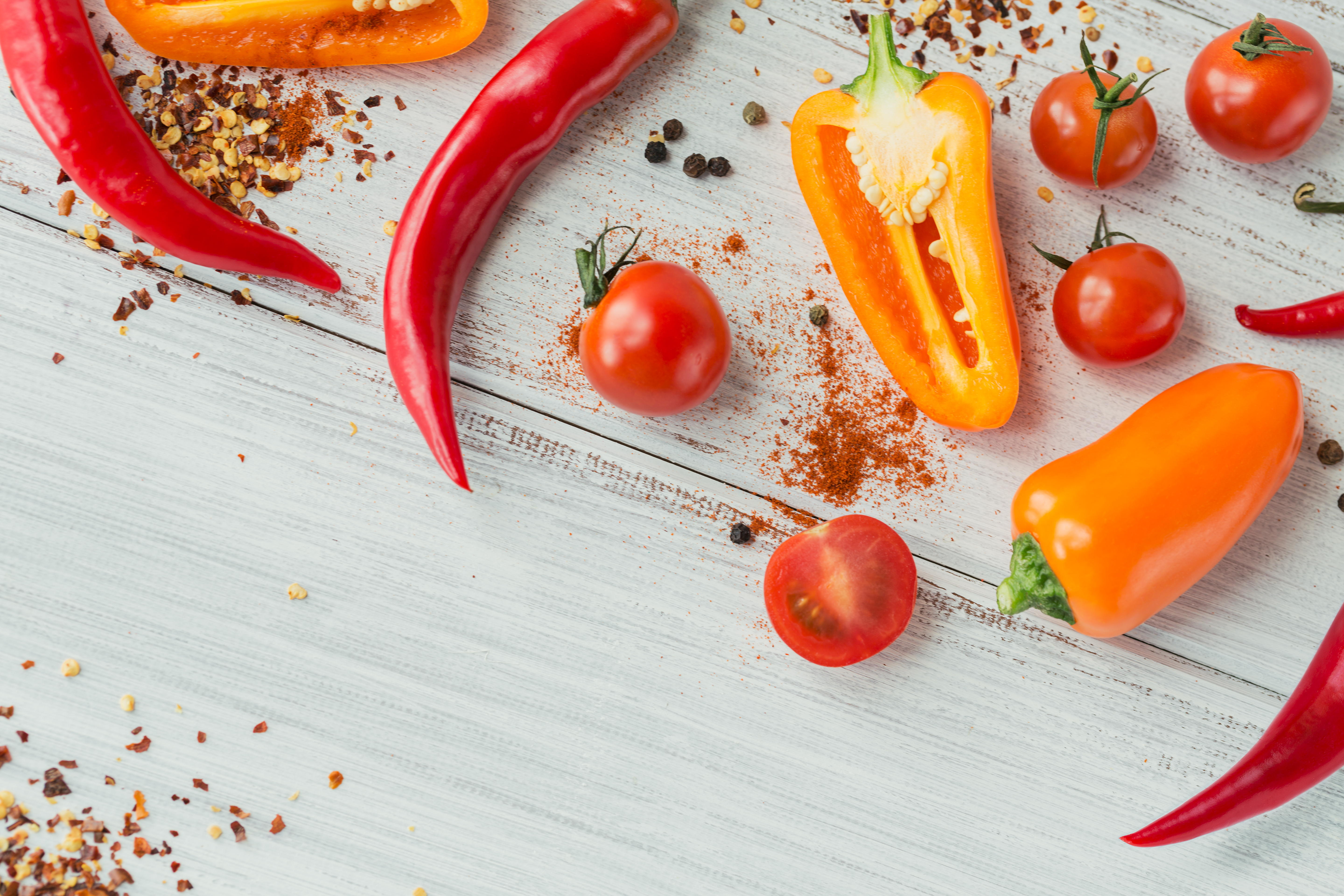Common Foods That Could Be Worsening Your Acid Reflux
3. Chocolate: Sweet Indulgence with a Bitter Aftertaste

Chocolate, a universally cherished treat, is often associated with indulgence and comfort. However, for those prone to acid reflux, chocolate can be a double-edged sword. It contains caffeine and theobromine, both of which can relax the lower esophageal sphincter, allowing stomach acid to escape into the esophagus. Additionally, chocolate's high fat content can slow digestion, increasing the risk of acid reflux. Despite these drawbacks, chocolate offers mood-enhancing properties and contains flavonoids, which have antioxidant effects. The key is finding a balance between enjoying chocolate and managing acid reflux symptoms.
4. Spicy Foods: Managing Heat Without the Burn

Spicy foods, known for their bold flavors and ability to elevate dishes, are a common trigger for acid reflux. Ingredients like chili peppers, hot sauces, and spices such as cayenne and black pepper can irritate the esophagus and exacerbate heartburn. The capsaicin in chili peppers, responsible for their heat, can slow digestion and relax the lower esophageal sphincter, increasing the likelihood of acid reflux. Despite these effects, spicy foods offer potential health benefits, including metabolism boosting and anti-inflammatory properties.
